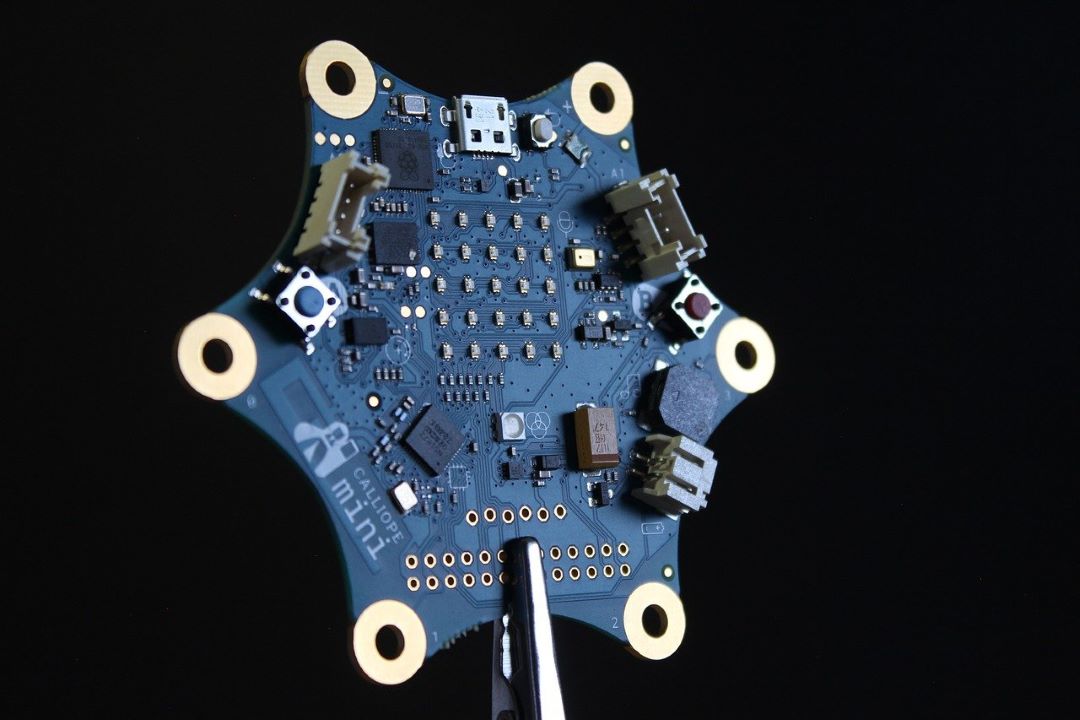The Electronics and Computer Software Export Promotion Council (ESC) has urged for adjustments to the Design Linked Incentive (DLI) scheme, aiming to make it more inclusive and impactful. During a recent meeting with Finance Minister Nirmala Sitharaman, the industry body emphasized the need for enhanced incentives to support research and development (R&D) and innovation in India’s capital-intensive electronics hardware sector.
ESC has proposed an additional tax reduction for Indian companies spending more than 3% of their turnover on R&D activities and filing patents or designs within the country. In the meeting, ESC highlighted that a well-designed incentive system could encourage emerging companies to advance in the R&D value chain, especially in cutting-edge fields like AI, IoT, telecommunications, and embedded technologies across sectors such as semiconductors, consumer electronics, and defense equipment.
As part of its proposal, ESC called for a further 5% reduction in income tax for companies that invest more than 3% of their revenue into R&D and patent filings in India. This would support India’s goals of fostering innovation, promoting self-reliance, and improving global competitiveness.
Sandeep Narula, Chairman of Global Outreach at ESC, stated, “A tax reduction would serve as a powerful incentive for companies to prioritize R&D, leading to technological progress, intellectual property development, and decreased reliance on imports.”
In addition, ESC proposed extending the DLI scheme for another 10 years, until January 1, 2035. The council emphasized that the long development cycles and complexity of electronics and semiconductor design require sustained support over a prolonged period to foster innovation, generate intellectual property, and reduce import dependency.
ESC also recommended that unused funds from the current DLI allocation be rolled over to subsequent years under the extended scheme to maximize resource utilization and provide continued support for ongoing projects.
Gurmeet Singh, Executive Director of ESC, called for an additional USD 20 billion in funding under the DLI scheme to meet the growing demand for R&D in emerging fields like quantum technologies, AI, and internet products.
The council also advocated for a 10-year tax holiday on sales of products with intellectual property (IP), such as patents and designs, developed through in-house R&D efforts. This would incentivize companies, especially those not utilizing the DLI scheme, to invest in developing innovative products and technologies. ESC believes that offering tax relief on revenue from IP-driven products would encourage the creation of proprietary technologies, support innovation, and reduce dependence on foreign patents or designs.
ESC pointed out that India’s current level of R&D in the electronics sector is relatively low, with limited investment compared to global leaders. Despite the electronics market in India being valued at USD 155 billion in 2022 and projected to grow to USD 300 billion by 2025-26, R&D spending remains insufficient. Over the past decade, while India’s investment in research and development has increased significantly, the country’s R&D expenditure as a percentage of GDP remains between 0.6-0.7%, far behind China’s 2.4%, the USA’s 3.5%, and Israel’s 5.4%.







